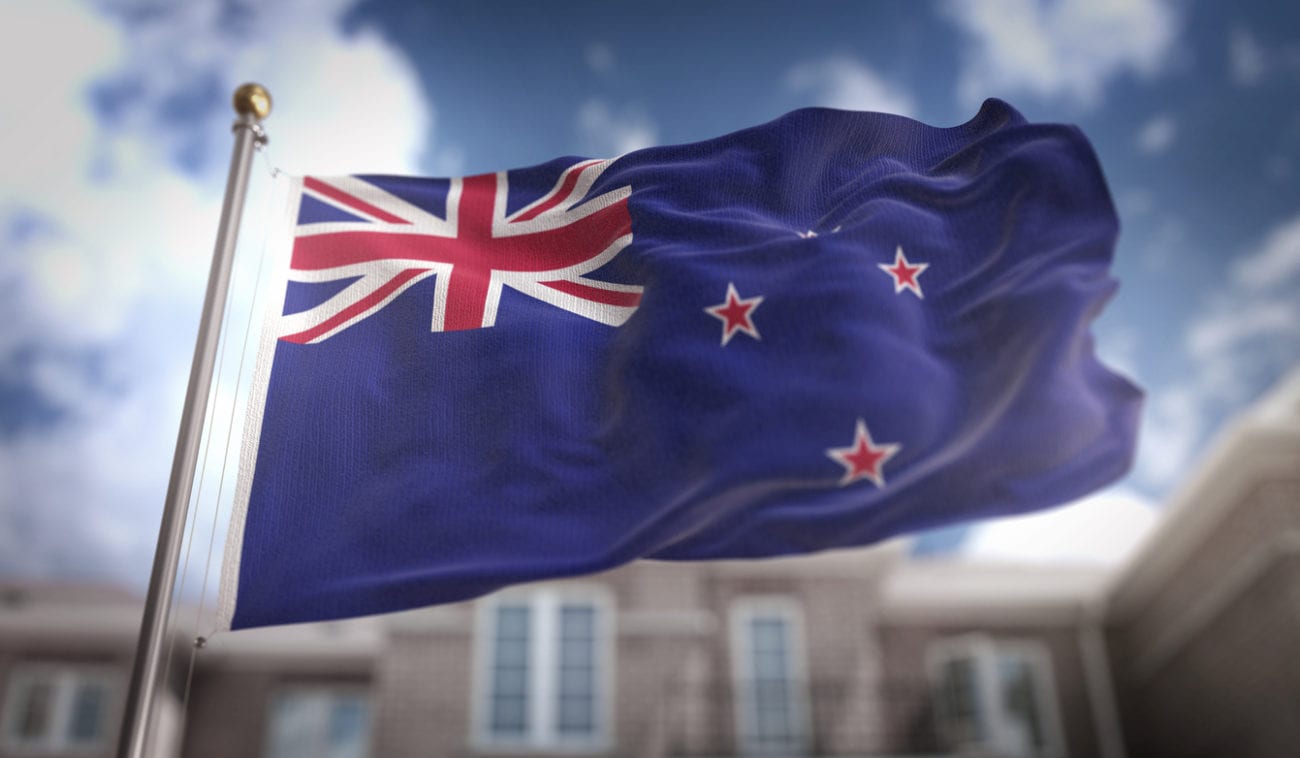A local lawyer says gambling in New Zealand generates revenue of almost NZ$1bn annually, though the government estimates the regulated online casino market will be worth $500m once it launches in 2026.
The government plans to regulate online casino in New Zealand by 2026, issuing a limited number of licenses granted through an auction.
New Zealand gambling lawyer Jarrod True of True Legal told iGB the government has budgeted a taxable annual revenue of NZ$500m [US$300.8m] for regulated online gambling.
This falls below industry estimates, however. The country’s existing monopolies – TAB NZ and Lotto NZ – believe current grey market spend is closer to $900m, True said.
“Online gambling is very, very popular in New Zealand and we saw a massive explosion with Covid-19 and our physical venues locked down. That’s really continued [since].”
Today TAB is the sole online betting operator in New Zealand, via a partnership with Entain.
Regulated online casino in New Zealand a government priority?
True said the launch in 2026 – a general election year – suggested the government saw regulated igaming as a priority.
“As far as saying it will be in place by early 2026, that is effectively prioritising the legislation,” True said.
However it faces a lengthy parliamentary process. The cabinet has signed off on a draft, he explained which would be released later this year. The legislation then goes to the New Zealand Parliament with a public consultation running in 2025.
The government is looking for input from international stakeholders in particular, he said, for more insight into other regulatory frameworks.
Did retail incumbents lobby for limited online licenses?
True said it was not yet known how many online licenses the regulator will allow, nor the costs associated with licensing.
Details on exactly how legal gambling in New Zealand will be regulated are sparse. According to Minister of Internal Affairs Brooke van Velden advertising will be “strictly limited” and icasino products may not be offered in tandem with sports betting or lottery.
True believes land-based incumbents such as SkyCity Entertainment Group lobbied for limited online licenses to guarantee themselves a larger market share.
Both SkyCity and Skyline Entertainment have already launched Malta-licensed casinos. SkyCity runs a white label site through Gaming Innovation Group, while Skyline’s Chrischurchcasino.com is powered by White Hat Gaming.
He said initially the regulator had considered a low barrier to entry and no limit on online licenses to reduce gambling related harm. “Although the government will make a little bit of money out of an auction, I think it’s very short sighted,” True said.
It’s possible the limited license policy could be scrapped later on in the legislative process, as stakeholders will likely protest during the public consultation period True suggested.
A ban on gambling sponsorships was one of the few policies to have already been set by the New Zealand government.
“That was very left field,” True said. “Clearly someone in Cabinet had a bee in their bonnet about that and decided this was going to be their mark on the legislation.”

